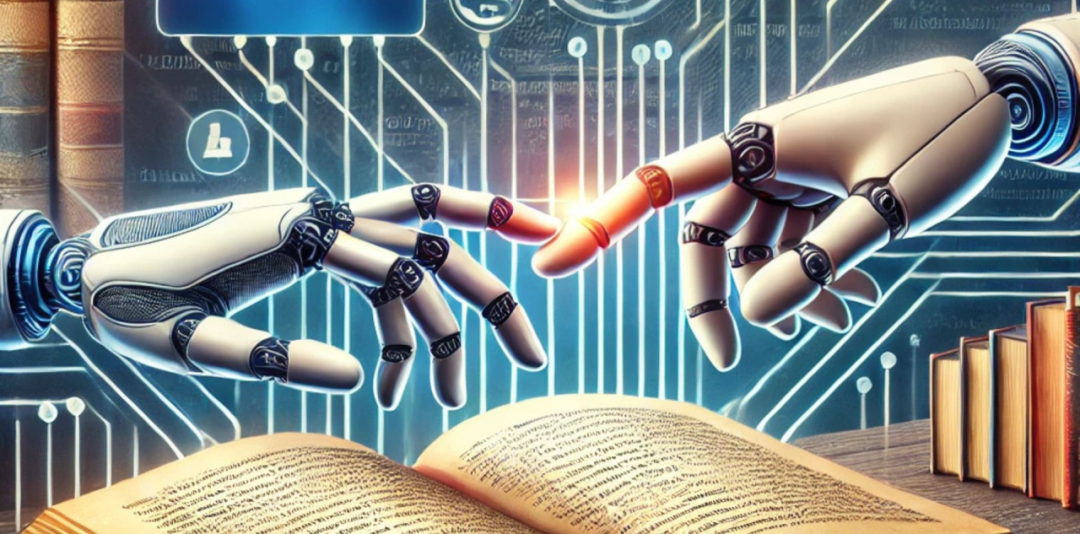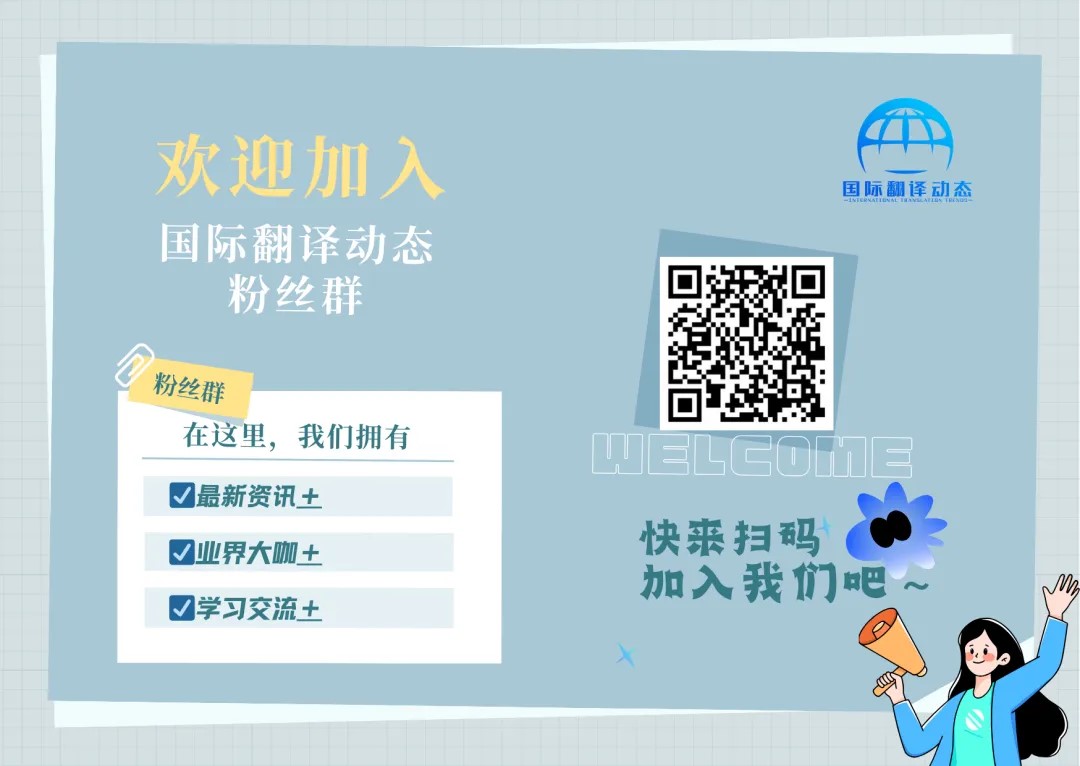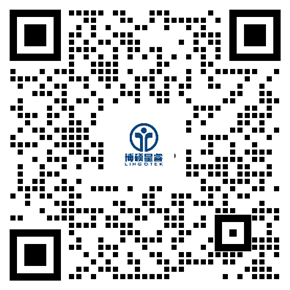翻译技术教育与研究 2025年01月08日 08:01 陕西

小编速览
荷兰最大出版商Veen Bosch & Keuning(VBK)宣布将试用人工智能(AI)翻译少量书籍,并已获得作者许可,涉及的翻译仅限于商业小说。该实验旨在提高效率,但也引发了翻译界的广泛争议,许多专业人士担心AI的局限性可能损害作品的原创性和质量。专家指出,AI可能导致翻译失真或平淡,且可能会对翻译行业带来收入压力。随着实验的推进,出版界对其影响充满关注。
Dutch Book Publisher VBK’s AI Translation Trial Sparks Debate 荷兰图书出版商VBK的 人工智能翻译试验引发争论 Veen Bosch & Keuning (VBK), the Netherlands’ largest publisher and a recent acquisition by Simon & Schuster, has announced plans to trial the use of artificial intelligence (AI) to translate a limited selection of books into English. The experiment has sparked debate within the publishing and translation communities, raising questions about the future of literary translation. 荷兰最大的出版商Veen Bosch&Keuning(VBK)最近被Simon&Schuster收购,宣布计划试用 人工智能(AI) 将有限的精选书籍翻译成英文。该实验引发了出版和翻译界的争论,引起了人们对文学翻译未来的质疑。 According to The Bookseller, VBK will use AI to translate fewer than ten commercial fiction titles, excluding literary works or those with potential English rights sales. A VBK spokesperson emphasized the experimental nature of the project, stating that it involves full author permission and “one editing phase” by human editors. “We are not creating books with AI; it all starts and ends with human action,” the spokesperson said. 根据《书商》的说法,VBK将使用AI来翻译不到十本商业小说的题目,不包括文学作品或可能有英文版权销售的作品。VBK发言人强调了该项目的实验性质,称该项目涉及作者的完全许可和人工编辑的 “一个编辑阶段”。发言人说:“我们不是在用AI创作书籍;一切都始于人类行为,也止于人类行为。” While VBK positions the initiative as an efficiency tool for unsold English rights, some industry professionals have expressed concerns. Michele Hutchison, an award-winning translator, argued that AI’s limitations could jeopardize the integrity of creative works. She told The Guardian, “The text might be superficially smooth but it is also likely to be very bland,” adding that the decision risks misrepresenting authors’ work. Similarly, David McKay, a literary translator who translates from Dutch into English, said, “Taking the translator out of the loop opens the door to incorrect or misleading translations that will serve readers poorly.” 虽然VBK将这一举措定位为处理未售出英文版权作品的一种效率工具,但一些行业专业人士对此表示担忧。屡获殊荣的翻译家米歇尔·哈奇森(Michele Hutchison)认为,AI的局限性可能会危及创意作品的完整性。她告诉《卫报》,“这篇文章表面上可能很流畅,但也可能很平淡。”她补充说,这一决定有可能曲解作者的作品。同样,将荷兰语翻译成英语的文学翻译家大卫·麦凯(David McKay)说:“让译者脱离圈子为不正确或误导性的翻译打开了大门,不能很好地为读者服务。” Ian Giles, chair of the Translators Association at the Society of Authors (SoA), is worried about the implications on translation work. He told The Bookseller, “Earlier this year, the SoA found that one third of literary translators are already losing work to AI. Where work itself is not lost, translators struggle to increase their prices in the face of the AI challenger. This pressure on translators’ incomes jeopardises our ability to support ourselves in what is a highly precarious industry.” 作者协会(SoA)翻译协会主席伊恩·吉尔斯(Ian Giles)担心这对翻译工作的影响。他告诉 《书商 》, “今年早些时候,SoA发现三分之一的文学翻译者已经因AI而失去了工作。在工作本身没有流失的地方,面对人工智能带来的挑战,译者们正艰难地争取提高自己的报酬。译员们收入的压力危及了我们在这个高度不稳定的行业中维持生计的能力。” As VBK’s experiment unfolds, the publishing world will be closely watching its outcomes and implications for the balance between technological innovation and the artistry of translation. 随着VBK实验的展开,出版界将密切关注其结果和对技术创新与翻译艺术性之间平衡的影响。 特别说明:本文内容选自multilingual官网,仅供学习交流使用,如有侵权请后台联系小编删除。 – END –


特别说明:本文仅用于学术交流,如有侵权请后台联系小编删除。

